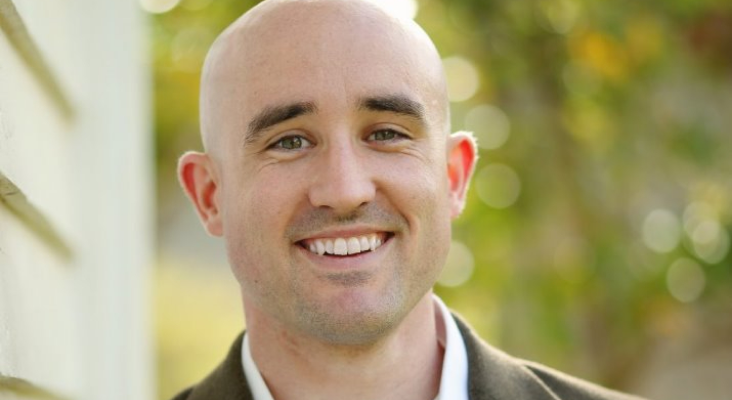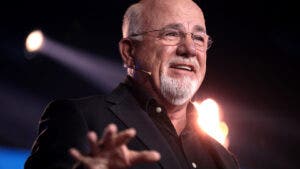Ask an Advisor: Is It a Better Deal to Pay Off My 2.375% Mortgage or Invest in 4% CDs?

I’ve been debating whether to pay off my mortgage. I’ve refinanced at 2.375% and can get a certificate of deposit (CD) for a year at 4%. I was adding to my mortgage payment by about $1,000 a month to pay it off in seven years instead of 14 years. I want to retire in seven years, and though my Social Security will be around $3,500, and my husband will still be working, I’m not sure if that is wise.
-Jan
Whether you should pay off a mortgage early or invest more depends on what you’d hope to gain by choosing one over the other. It could be that you simply want to choose the option that leaves you better off financially. But you may want to consider risks, the effect on your budget, and purely nonfinancial factors as well.
Here’s how to think through this decision. (This tool can help match you with potential advisors while you navigate the lead-up to retirement.)
Comparing Your Mortgage Rate to Investment Return
Many people like to frame the decision of whether they should pay off their mortgage as a tradeoff between
the interest rate on their mortgage and the return they could earn if they had invested that money instead.
The idea is that if they can earn a higher rate of return than what they pay in interest, they are better off. As a baseline, that is a logical approach.
But another element of that decision is the risk associated with the investments. For example, suppose the money is instead invested in a stock portfolio. Even in a well-diversified one, there will be fluctuations in that portfolio’s value. That same element of risk isn’t present when you pay down a debt balance with a fixed interest rate. That’s because you know the amount that you save – it’s that fixed interest rate.
So, the question evolves. You really need to compare the interest rate on your mortgage to the rate of return you can reasonably expect to earn on a portfolio that exposes you to an amount of risk you are comfortable with. Your time horizon matters a great deal in that analysis, and you should consider it. (This tool can help match you with potential advisors while you navigate the lead-up to retirement.)
In any case, 2.375% is an incredibly low interest rate. It would be easy to make a mathematically supported argument for not paying that balance down any sooner than you have to. If you take the one-year CD at 4%, that’s a fixed rate, so you won’t have the same volatility considerations as you would with a longer-term investment.
Just be sure to account for the tax implications. That CD interest is taxable. You may also be getting a tax deduction for the interest you’re paying on the mortgage.
Consider Your Preference in Retirement
You may not want to base your decision purely on a mathematical comparison. Consider your preferences and emotions, especially as you eye your potential retirement in seven years.
Many people get a significant amount of satisfaction from paying off their mortgages. Knowing that they own their home is appealing to them.
While you can’t put an exact dollar value on that satisfaction, you can approximate it. How? Simply ask yourself if you’d rather have the amount you estimate you’ll have if you save that extra payment in seven years or a paid-off house.
For some people, that satisfaction and the relief it brings are worth a lot. They would choose a paid-off house over saving a large sum of money. For others, it isn’t worth much. They might choose to keep the mortgage and invest more, even if saving the money only results in a small gain relative to paying it off early. (This tool can help match you with potential advisors while you navigate the lead-up to retirement.)
As people enter retirement and no longer receive paychecks, they tend to shift their preference in favor of a paid-off house. That’s understandable, and not having a mortgage payment in retirement certainly increases the amount of flexibility in your budget. You imply in your question that this may be an important factor for you, or at least that it’s on your mind.
Bottom Line
Start with the mathematical comparison. From there, consider how much weight you want to give to those other factors. Finally, make your decision based on the totality of the situation.
Brandon Renfro, CFP®, is a SmartAsset financial planning columnist and answers reader questions on personal finance and tax topics. Got a question you’d like answered? Email [email protected] and your question may be answered in a future column.
Please note that Brandon is not a participant in the SmartAsset AMP platform, nor is he an employee of SmartAsset, and he has been compensated for this article.
Find a Financial Advisor
-
If you have questions specific to your investing and retirement situation, a financial advisor can help. Finding a financial advisor doesn’t have to be hard. SmartAsset’s free tool matches you with up to three vetted financial advisors who serve your area, and you can interview your advisor matches at no cost to decide which one is right for you. If you’re ready to find an advisor who can help you achieve your financial goals, get started now.
-
Planning for retirement? Use SmartAsset’s Social Security calculator to get an idea of what your benefits could look like in retirement.
-
Keep an emergency fund on hand in case you run into unexpected expenses. An emergency fund should be liquid — in an account that isn’t at risk of significant fluctuation like the stock market. The tradeoff is that the value of liquid cash can be eroded by inflation. But a high-interest account allows you to earn compound interest. Compare savings accounts from these banks.
Photo credit: ©iStock.com/Eleganza, ©iStock.com/Dean Mitchell
The post Ask an Advisor: Should I Pay off My Mortgage or Invest in CDs? I Refinanced My Mortgage at 2.375%, But I Can Get a CD at 4%. Plus, I Want to Retire in 7 Years. appeared first on SmartAsset Blog.










